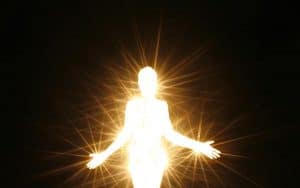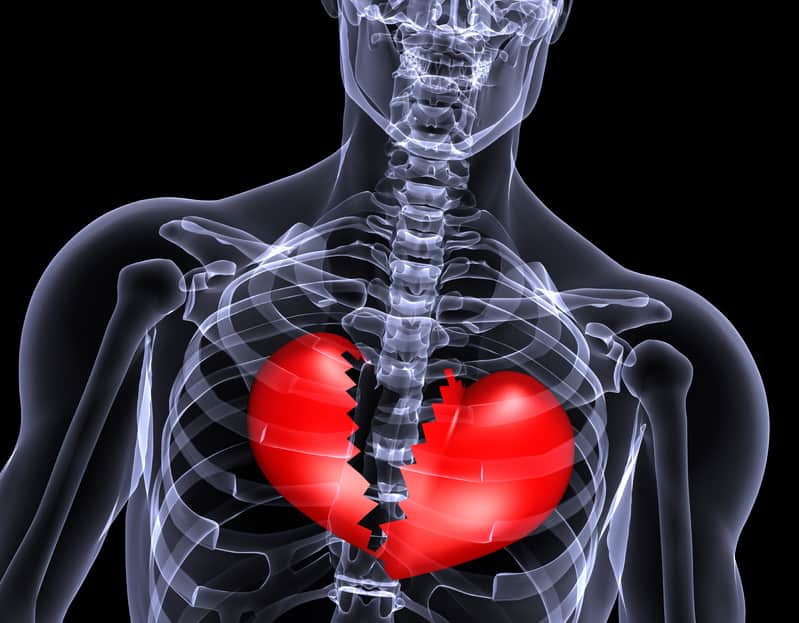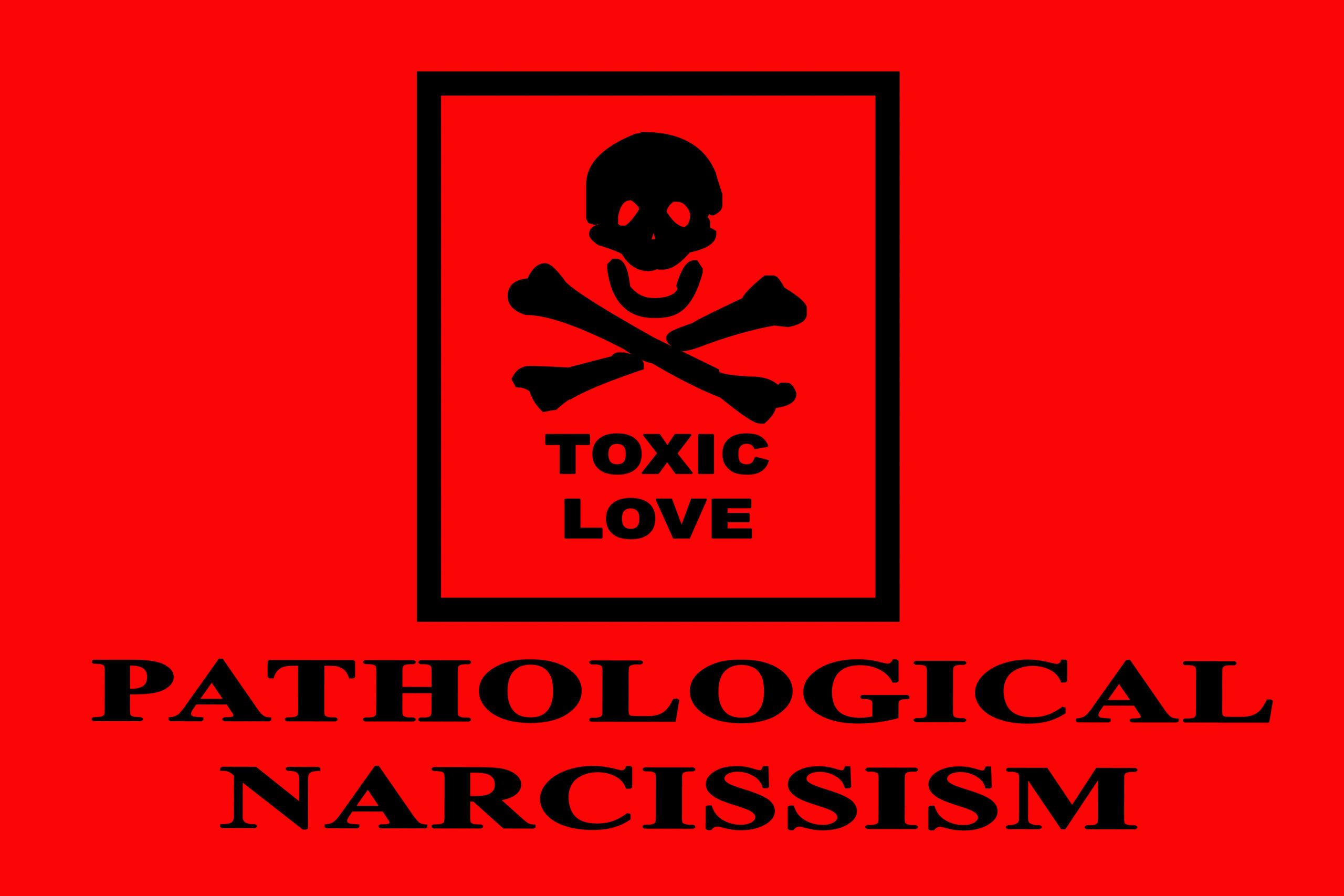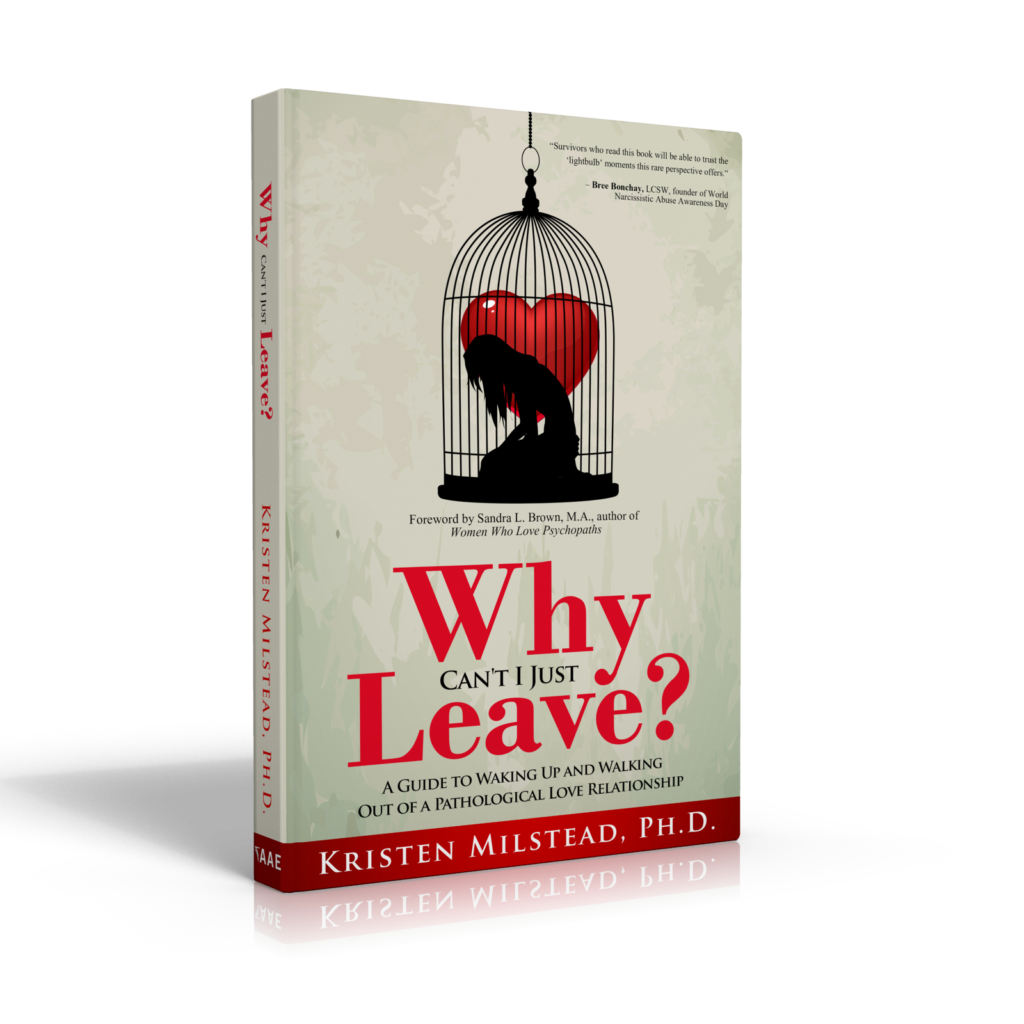What is an empath?
Most definitions of empaths characterize them as highly intuitive people who absorb the emotions of others, often to the point of feeling them themselves. Empaths have a desire to help others and may often feel drained or even physically ill. Some definitions even claim it is almost like a sixth sense.
Scientific studies that are used to explain why empaths exist can only give us indirect evidence.
We know that there are mirror neurons in the brain, which are said to enable us to read and understand each other’s emotions by filtering them through our own (Iacobani, 2008).
Other studies used to explain empaths include the concept of “emotional contagion.” When people synchronize their attitudes, behaviors, and speech, they also seem to synchronize their emotions both consciously and unconsciously (Hatfield, Cacioppo & Rapson, 1994).
These studies explain the existence of empathy in general. They do not explain why some people — people we call “empaths” — have more of it than others.
But what if the brains of empaths are actually different?

How the Brain May Explain the Existence of Empaths
Neuroscientist and psychologist Abigail Marsh may have indirectly provided us with the information needed to explain empaths.
She describes in her book The Fear Factor (2017) how she found evidence that there is a difference in the brains of people who are highly empathetic to others.
Marsh was motivated, based on her personal experiences, to learn what causes people to engage in selfless acts even when there is no benefit to themselves or when there is a cost involved.
She recruited people for her studies who had engaged in the most extreme selfless act that fit into this category she could think of: donating kidneys to complete strangers, often anonymously.
Why not ask people if they believe they are selfless or highly empathetic? By asking people to self-report their own level of empathy, there was no way she could be sure that all of the people in the study had the same level of empathy or had a higher level than average (although they may have felt they did, compared to those they knew socially).
By only recruiting people who had engaged in the same selfless, measurable act of donating kidneys to strangers, she could be sure that all of the people in the study at least had that in common with one another.
She studied the brains of all of the people who had signed up for the study, by measuring their brain activity while showing them pictures of faces with varying emotional expressions.
Compared with a control group (those who had not donated a kidney), they were especially sensitive to fearful facial expressions. When they recognized fear, there was heightened activity in the amygdalae in their brains.
The amygdalae were also eight percent larger than those belonging to members of the control group! The amygdala is part of the limbic system and is responsible for regulating emotion and survival, and she was able to show a major difference in the brains of people who had acted selflessly.
She doesn’t call them empaths. Instead, she calls them “altruists.” Although she never refers to the altruists as empaths, I believe there are good reasons for applying the label “empaths” to this group of people in her research.
First, there are different types of altruism, including kin-based (doing nice things nice for people you’re related to), reciprocity-based (doing nice things because you expect to get something in return), and care-based (doing nice things because you are emotionally drawn to do it out of care and concern) (Marsh, 2016).
Her research appears to support care-based altruism, where no reward or genetic reward to the self is expected. The motivation for this type of altruism is thought to be possible solely because of concern for the well-being of others, in other words, empathy (Batson, 1991).
Her findings about the brains of these extreme altruists seem to suggest that not only they were also highly empathetic — perhaps what we think of as “empaths.”

The Narcissist and Empath
Empaths and psychopaths have often been noted anecdotally as being polar opposites (Dodgson, 2018). Marsh actually refers to the altruists in her study as “anti-psychopaths” because of what her findings showed.
She had also examined the brains of psychopaths and found the exact opposite of what she had found for the altruists. The psychopaths were less able to recognize fear on the faces of others and less responsive to it when they did. The psychopaths also had amygdalae that were about eighteen percent smaller than normal.
In other words, both the altruists and the psychopaths had abnormal brains when it came to responses to the fear of others — but in opposite directions.
This appears to support the idea that they are on opposite ends of the spectrum when it comes to empathy: psychopaths cannot feel and react to the fear of others (unless they have another motive) while altruists, or empaths, feel and are moved to respond to the fear of others as if it were their own.
The narcissist and the empath (or psychopath and empath) may in fact prove to be opposites because their brains show that they are.

What Is an Empath? The Opposite of a Narcissist
Marsh was mostly interested in their acts of altruism and what motivated them, or what their thought processes are. There is little in her research to give us a clue about what their lives are like and how extreme altruism affects them emotionally.
There was one interesting commonality, however. Her research indicates that, temperamentally, they appear to have more humility than average, and it is this humility that appears to enable them to treat strangers with such selflessness.
She writes, “Although they are clearly more sensitive than average to others’ distress, their capacity for compassion and generosity reflects the same neural mechanisms that lie latent in most of humankind. Indeed, it is in part the fact that altruists recognize that they are not fundamentally different from anyone else that moves them to act.”
This appears to correspond to some popular conceptions of empaths as having a higher degree of compassion and caring for others than average, being strongly in tune with the emotions of others, having a compelling desire to heal, assist and give others the benefit of the doubt– sometimes even to the detriment of themselves.
If actual biological differences exist, then perhaps there is more to the attraction argument between why narcissists and empaths seem so attracted to one another beyond the codependency argument.
Further research also might be able to help us understand how empaths can protect their strengths from exploitation.
Want more? Please take a moment to sign up to get all future articles delivered straight to your inbox.
Don’t forget to check out these free resources:
Sources Cited
Batson, C. D. (1991). The altruism question. Hillsdale, NJ: Erlbaum.
Dodgson, L. 2018. The opposite of a psychopath is an ‘empath’—here are the signs you could be one. Business Insider. Retrieved July 22, 2018. http://www.businessinsider.com/am-i-an-empath-2018-1?r=UK&IR=T
Hatfield, E., Cacioppo, J. T. and Rapson, R. L. (1994). Emotional contagion. Cambridge: Cambridge University Press.
Iacobani, M. (2008). Mirroring people: the science of empathy and how we connect with others. New York: Farrar, Straus, and Giroux.
Marsh, A. (2017). The fear factor: how one emotion connects altruists, psychopaths & everyone in between. New York: Basic Books.
Marsh, A. (2016). Neural, cognitive, and evolutionary foundations of human altruism. Wiley Interdisciplinary Reviews: Cognitive Science, 7(1), 59-71.
A version of this article appeared online at PsychCentral: New Research May Support the Existence of Empaths






2 Comments
Spocks Daughter
Hello
Thank you for this.
The so called ‘eyes test’ I am familar with from Asperger theories about preception.
I have always been actually incensed about that test where emotions are literally ‘acted’ and in my mind there for a false emotion regardless of those being evaluated for judging it correctly or not.
But my real issue as someone who likely developed a ‘heighten 6th sense’ to survive childhood confusion and engage successfully w others…..
Is I use many in-person senses to access how to respond to others.
I think many people do.
Ricia
Kristen Milstead
Hi Ricia: I’m glad you enjoyed this article. I suppose that in the future, we will know so much more about the brain and have an even better sense of how emotions work and why. I have always found these tests interesting as well. Take care, Kristen